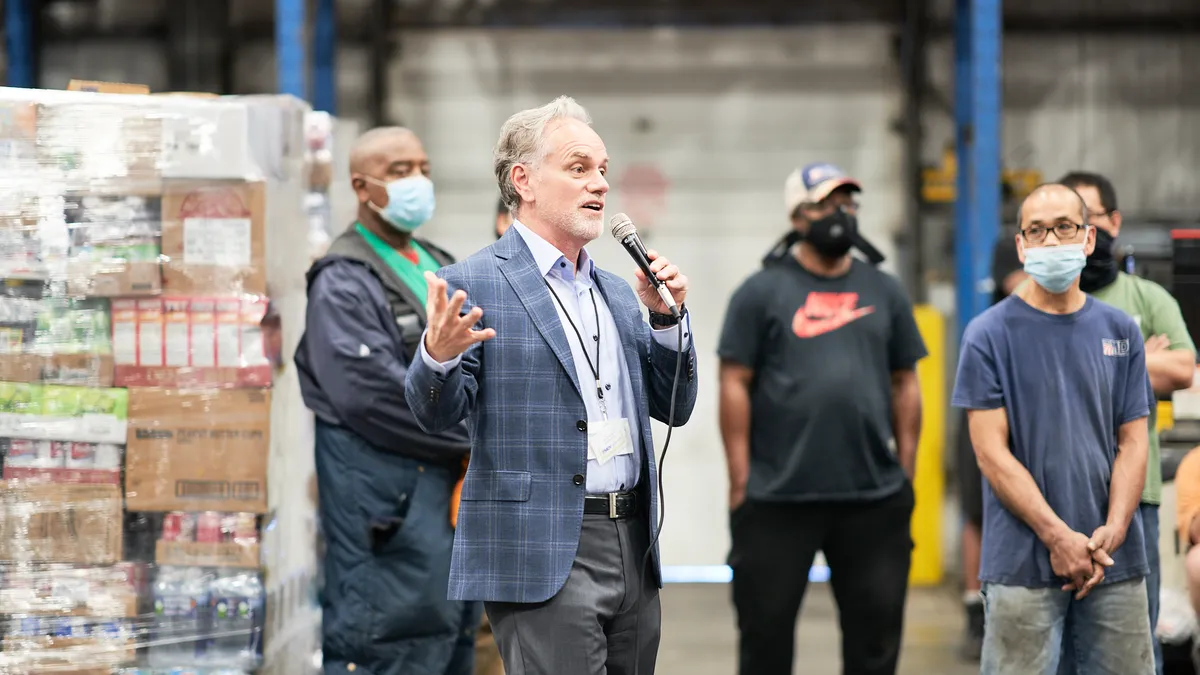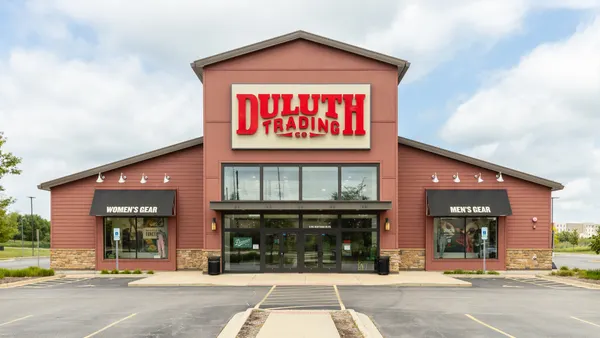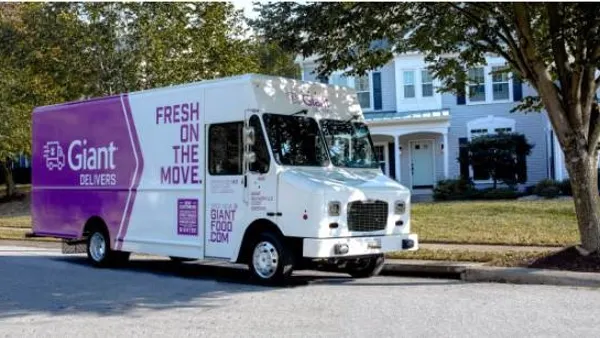Dive Brief:
- SpartanNash saw a 9% YoY improvement in order throughput at its warehouses in Q2, as the food company continues its supply chain transformation, President and CEO Tony Sarsam said on an earnings call last week.
- The increase builds upon the company's 7% YoY throughput improvement in Q1. Sarsam said the company has found "ways to improve everything from the steps to the touches in our warehouses, and we’ve seen improvements practically every single period of some sort, and we expect that to continue."
- More productive warehouses are a key element in the company's supply chain transformation plans announced last year. Other components of the plan include: sales and operations planning, inventory optimization, network strategy and procurement.
Dive Insight:
Several companies, including household brands like Clorox and Stanley Black & Decker, are in the midst of supply chain overhauls as they seek to trim costs, become nimbler in response to demand spikes and gain more control over distribution.
For SpartanNash, a transformed supply chain will elevate the company's service levels while creating room for customer growth, helping its goal of growing revenue to $10 billion by 2025, according to an investor presentation.
The food distributor, wholesaler and retail company expects to see $25 million to $35 million in annual cost savings as a result of its supply chain overhaul, Sarsam said. That range is higher than the $15 million to $30 million in savings that were first projected when rolling out the plan.
EVP and CFO Jason Monaco attributed the improved savings guidance to SpartanNash's supply chain updates, which he said on a Q1 earnings call have "frankly delivered ahead of schedule.”
These improvements include both adding and subtracting network sites over the past 12 to 15 months in order "to ensure we've got the right locations and the right inventory at the right place," Monaco said. Since 2020, SpartanNash has closed two distribution centers "to scale in core markets" while opening two more as part of its geographic expansion plans, per the investor presentation.
SpartanNash has also adjusted its operations to account for increased grocery pickup and delivery service demand since the onset of the pandemic. The company opened its first micro-fulfillment center last year to process orders for 24 of its stores. It currently owns and operates 147 supermarkets in total.
The company has also inked a deal with DoorDash that adds SpartanNash as a distributor for the delivery company’s online convenience store DashMart.















